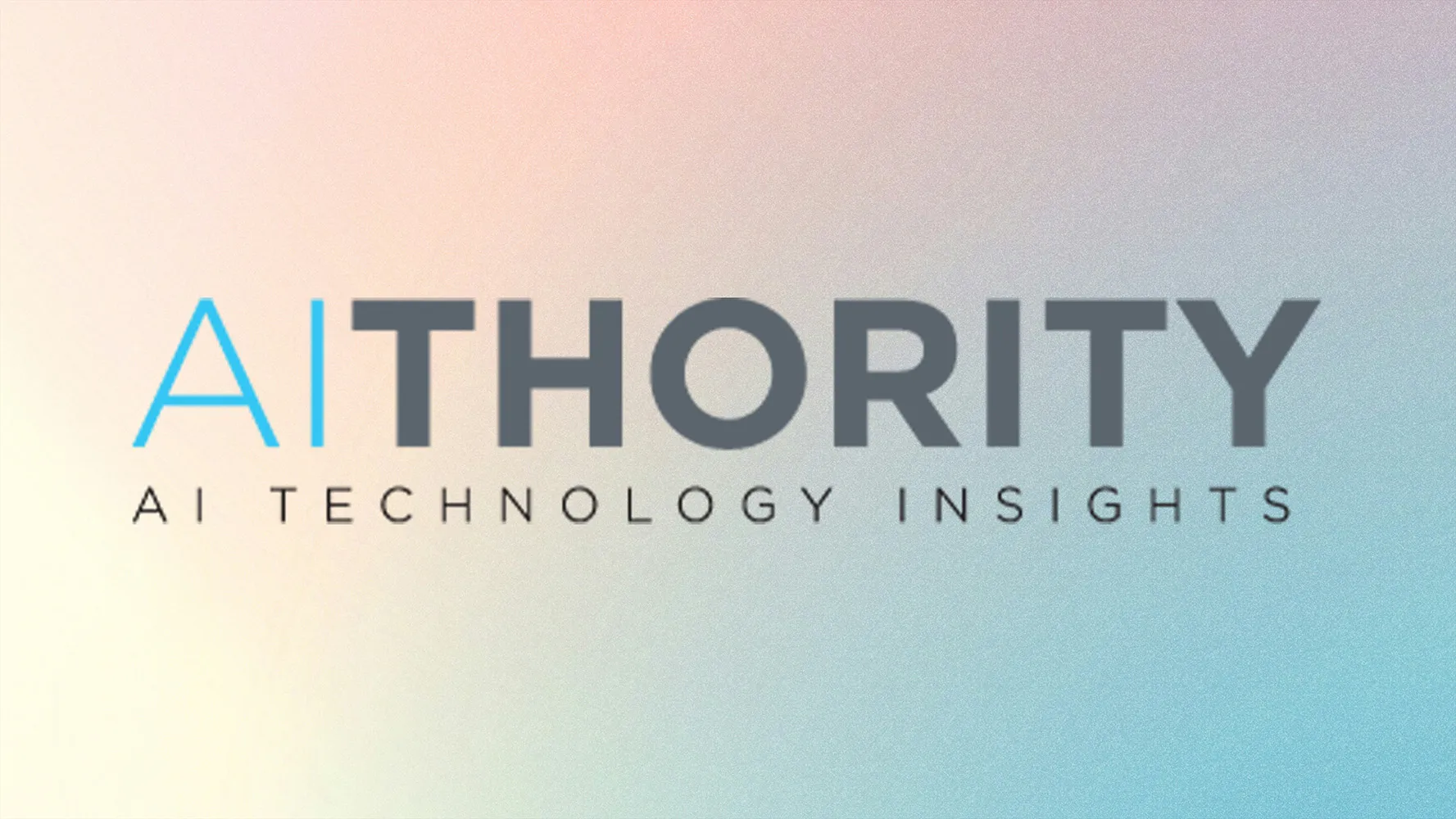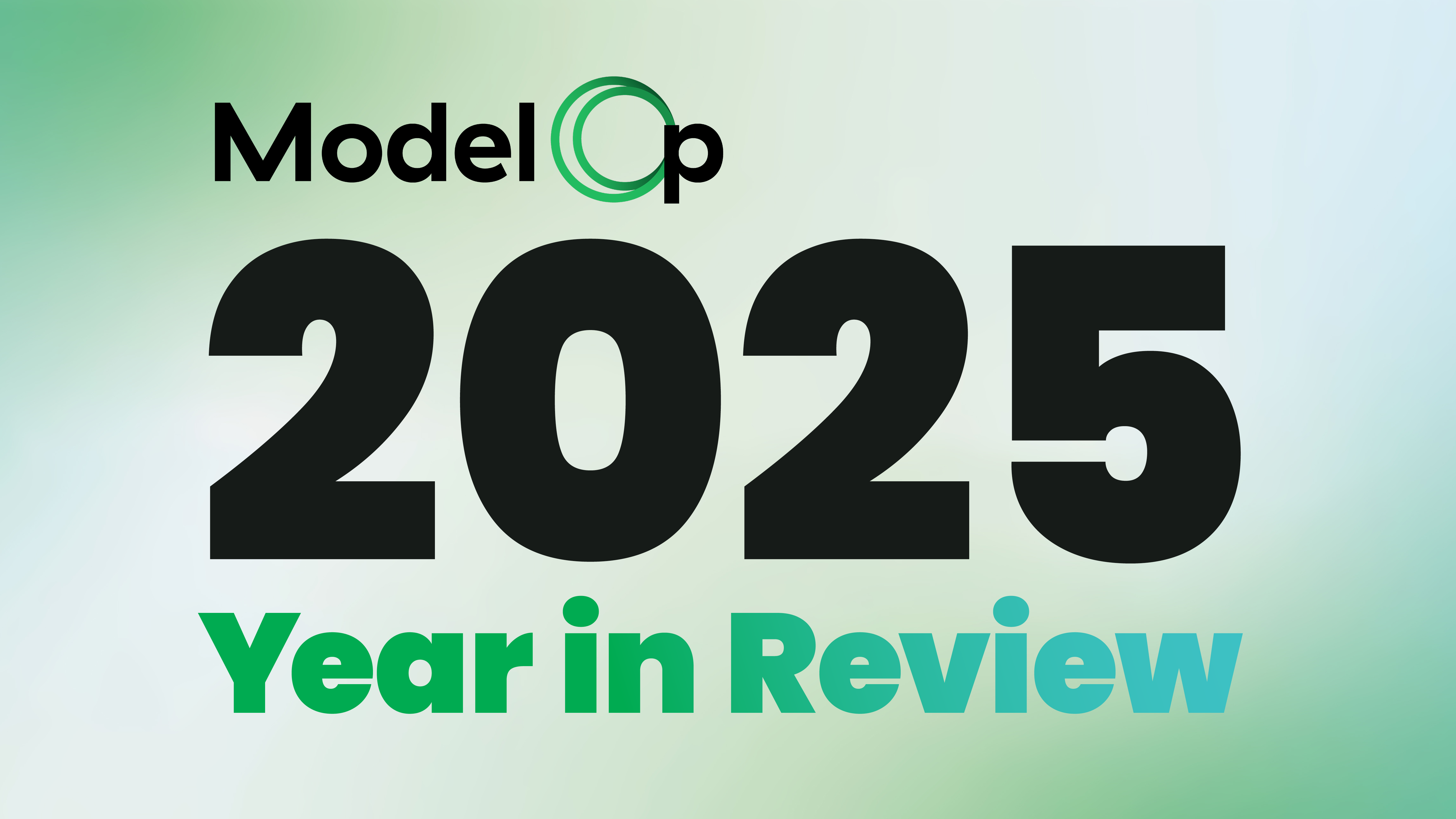
Enterprise AI is at a turning point—and according to ModelOp CEO Pete Foley, governance will determine whether that turning point leads to scaled innovation or stalled risk.
In a wide-ranging interview with AIthority, Foley broke down the common struggles enterprises face when operationalizing AI and why many are underprepared for the complexity ahead.
“The hardest challenge in AI today is not the technology,” Foley said. “It’s aligning diverse stakeholders—from IT and data teams to risk and legal—to make good decisions quickly and consistently across the enterprise.”
At the heart of the problem is a lack of visibility and standardization. Many enterprises are still managing AI with spreadsheets, manual reviews, and siloed workflows—making it nearly impossible to ensure compliance or measure value.
Foley emphasized that AI Governance can’t be an afterthought or a one-size-fits-all checklist. It must be operationalized: embedded into the processes that guide how AI is built, deployed, and monitored.
“We’ve been helping Fortune 500 companies operationalize AI Governance long before GenAI made it a boardroom topic,” Foley noted. “ModelOp’s platform is purpose-built to help organizations define policies, assign responsibility, and track adherence at scale.”
With global regulations emerging—from the EU AI Act to the U.S. Executive Order on AI—Foley sees growing urgency among executives to get ahead of governance challenges.
“What we hear from leaders is: We want to innovate, but we can’t afford surprises. That’s where a proactive, right-sized governance framework becomes essential.”
The interview also touches on ModelOp’s distinct market position, its Fortune 500 track record, and why Foley believes responsible AI can unlock—not restrict—transformation.
“We’re here to make sure our customers can move fast and safely,” he said. “Because in AI, trust is a prerequisite for scale.”



